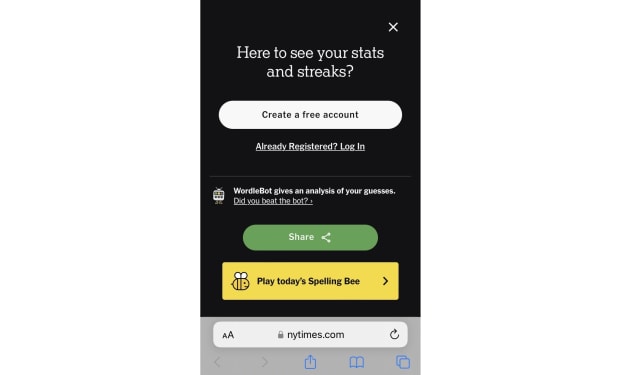Profit-Driven Virtual Charter Schools Expand During Pandemic: Report
Virtual School

In Pandemic Profiteering, which examines how charter schools operated for profit during the pandemic years, we learn how virtual charters, often known as cyber-schools, had a significant increase in enrollment.
How can a charter school be operated for profit while for-profit charter schools are illegal in almost every state? It is possible. For instance, one may establish the East Egg Charter School as a non-profit organization while concurrently establishing the East Egg Charter Management Company, a for-profit organization that manages the school and derives its income and profits from the taxes paid to the non-profit institution. Although East Egg Charter School is a non-profit organization, it is operated for profit.
According to NPE, 141 virtual charter schools with 61% of the student body were operated for profit in 2020–21.
And during the epidemic, their enrollment numbers skyrocketed. Over 70% of the gain in charter school enrollment during the 2019–20 and 2020–21 academic years, according to NPE, was attributable to online charters, increasing the number of students enrolled there to over 483,000.
Virtual charters are quite lucrative. In a report released by the General Accounting Office in March 2022, it was noted that traditional public schools have higher student-teacher ratios and that while district schools spend just under $14,000 per student on instructional staff, virtual charter schools spend only slightly more than $8,000 per student. In a state like Pennsylvania, where funding for virtual schools is provided at the same per-pupil rate as for traditional schools, it is a sizable cushion for a school without the infrastructure or construction costs of a brick and mortar institution.
Investigators from the GAO discovered that virtual charters erroneously counted those pupils. According to their analysis, some virtual charter schools only required weekly or even monthly attendance from students; others merely required them to access the site. However, the cyber-charter receives a full serving of tax money despite the fact that the student only signed on for a brief period once every month.
The NPE draws attention to the alarming regularity with which online colleges have been exposed for falsifying enrollment data and accounting, often to the tune of tens of millions of dollars. The California Virtual Academy (CAVA), the A3 charter school network, the Epic charter schools, and Ohio's Electronic Classroom of Tomorrow (ECOT), which owes the state of Ohio $80 million in tuition reimbursement, are notable examples.
It's also important to note that even organizations that favor charter schools and choice, including the National Alliance for Public Charter Schools and 50CAN, have harshly criticized online learning programs and called for industry reforms in their reports. Cybercharters may be able to serve children with certain needs, but they have often performed badly and failed to adequately serve pupils.
Virtual schooling is a form of education where students attend classes and complete coursework online, rather than in a physical classroom. It allows for flexibility in scheduling and location, and has become increasingly popular with the rise of remote learning due to the COVID-19 pandemic. While it offers many benefits, it also poses some challenges, such as a lack of social interaction and difficulty maintaining a consistent schedule. Overall, virtual school is a viable option for students who prefer the convenience and autonomy it offers.
The issue with operating charter schools for business is highlighted by virtual charters; there is a built-in contradiction between the objectives of the operators and the requirements of the students. Profits are reduced by every dollar spent on students. To safeguard the interests of students and taxpayers, more regulation and control are required if virtual schools are to continue to play a significant role in the educational environment.
About the Creator
Goran Vinchi
Passion for writting






Comments
There are no comments for this story
Be the first to respond and start the conversation.